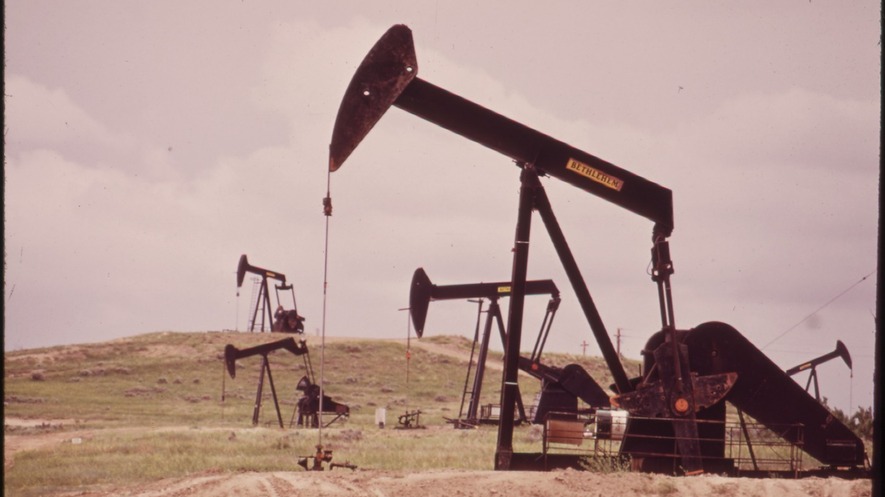I read a brief account of the so-called “Teapot Dome Scandal” recently. I learned about it, I’m sure, in high school American History, but I could remember none of the facts about it. It took place during the Presidency of Warren G. Harding (who died in office in 1923).
I learned three things about the scandal that surprised me, and will probably surprise you, too.
1) A claim of national security was used to sell the scam
2) Oil companies used the US government to make huge profits
3) The oilfields, national assets, were used for corporate profit, in other words, the American people paid the price; it was their wealth that was funneled into the pockets of a few wealthy corporatists.
Compare this to what George W. Bush did in 2002, in the run up to the invasion of Iraq. He sold that invasion as necessary for national security, defense contractors used the US government to make huge profits, benefiting from no-bid (sole-source) contracts to take hundreds of billions of taxpayer dollars and put it in their own pockets. It was theft, by government, just like Teapot Dome. And it should’ve been viewed as as such, as a scandal and a disgrace.
So, why wasn’t it?
Teapot Dome, until Watergate, was considered the greatest political scandal in U.S. history. The scandal centered around three oilfields that in 1909 had been legally allocated to the United States Navy—a safeguard against possible shortage of oil in time of emergency. They were Naval Reserve No.1, at Elk Hills, California; No. 2, at Buena Vista, California; and No. 3, at Teapot Dome, Wyoming. As the oil lay dormant underground, there became concerns that adjacent wells would either advertently or inadvertently siphon off the oil. Congress addressed these concerns by giving the secretary of the navy discretion over how best to conserve and utilize the oilfields.
Harding’s interior secretary, Albert Fall, had his own plan. Rather than receive competing bids for the leases of the reserves, he would sole-source the leases under a national security justification. He would then lease the three reserves to three separate friends with terms that were disproportionately favorable to the oil companies. The punch line of Fall’s scheme was that by making the oil companies richer, he would earn kickbacks in the form of no-interest loans, Liberty Bonds, livestock, and cash that would make him a very rich man. Fall would then retire from government and use the money to build out his Three Rivers Ranch in New Mexico. This would include adding 9,500 acres of land through two separate transactions, a home renovation, the purchase and installation of a new hydroelectric plant, paying off his back taxes, and what must have been a massive landscaping project. All he had to do was get the president to transfer the three reserves from the Department of the Navy to the Department of the Interior.
With his cabinet seemingly in agreement, Harding, in one of his first acts as president, authorized the transfer through his May 31 issuing of executive order No. 3474. President Harding had immolated himself, committing to pen and paper his complicity in the Teapot Dome scandal.
With the executive order in place, Fall spent the following year orchestrating the leases as planned, which he consummated at Teapot Dome on April 7, 1922, and at Elk Hills on December 11 that same year. On January 2, 1923, less than one month after the Elk Hills deal, Fall had completed his mission and retired a wealthy man.
Six years later, Albert Fall earned the distinction of being the first cabinet secretary in U.S. history to serve prison time. [ more ]
From: Jared Cohen’s Accidental Presidents: Eight Men Who Changed America (Pub. 2009)


